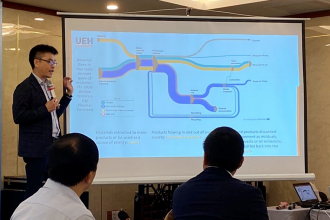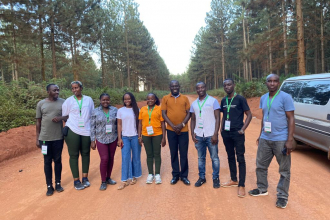Does Traffic Congestion pose Health Hazards? Evidence from a Highly Congested and Polluted City
Highlights:
- Nearly 5000 deaths per year in Delhi can be attributed to traffic congestion.
- Increased traffic congestion worsens air quality. The worsening is greater when congestion is already at a high level.
- A congestion charge on large private vehicles can offer large benefits with minimal disruption to the existing status quo.





